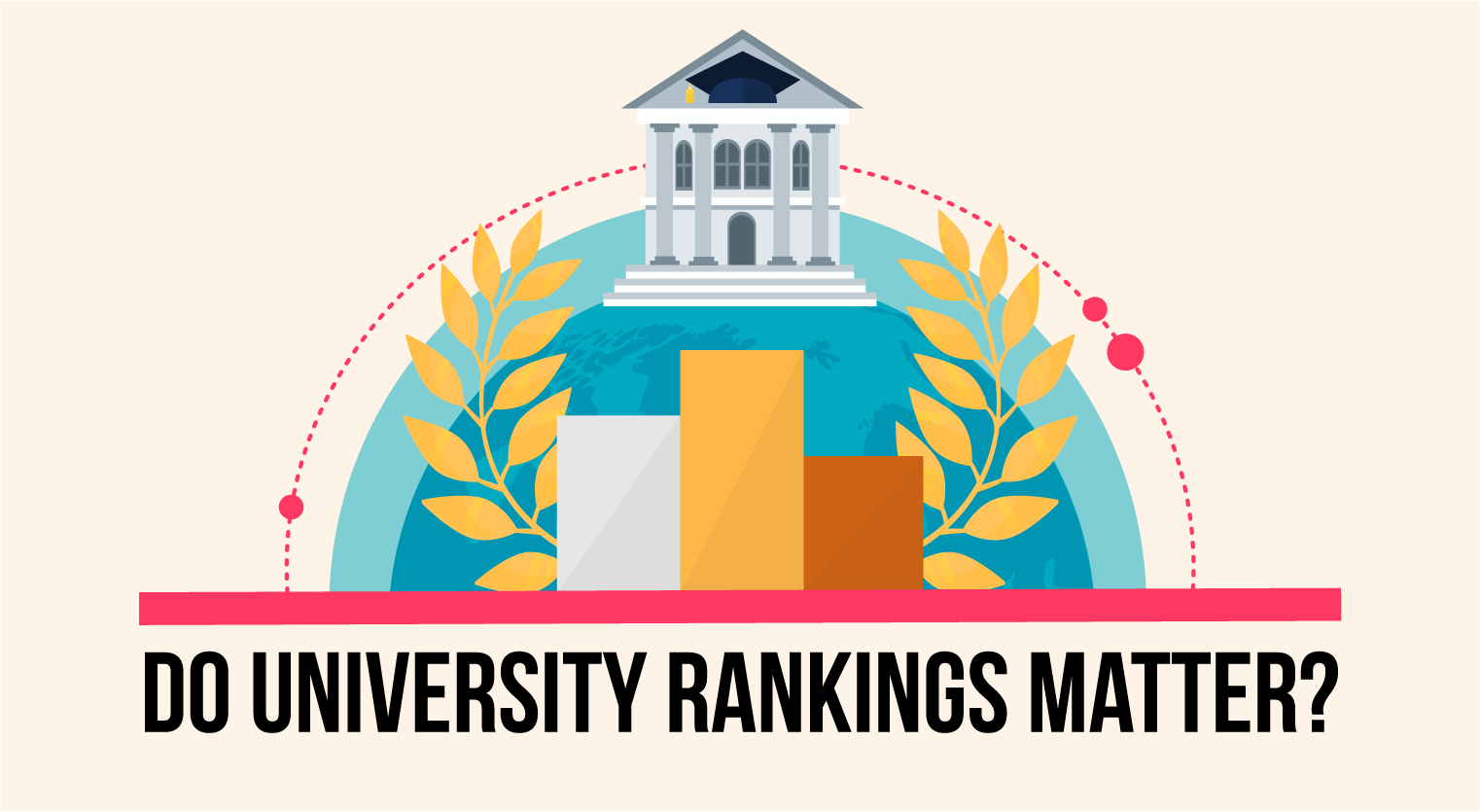Should You Go to a Private or Public University?
Should you opt for private universities? Or wait for public university intakes? Here are 7 major points to help you decide which is better for you.
Updated 30 Apr 2021

Which is better — public or private university?
With 20 public universities and over 400 private institutions (including colleges, university colleges and universities) in Malaysia, it's understandable that you may have a hard time deciding between the two.
The truth is that both have their own set of advantages and disadvantages. Here are the top consideration points you need to think about when comparing private and public institutions in the country.
#1. Tuition fees

Public: Fees rarely exceeds RM50k for a degree
Private: Fees can go up to hundreds of thousands for a degree
What should you consider?
The most notable difference between studying in a public institution versus a private institution is the fees. In the private sector, it can easily cost you anywhere from 3 to 9 times more.
For example, an engineering degree at a private university can cost between RM50k to RM170k. On the other hand, an engineering degree at Universiti Teknologi Malaysia (UTM) will only cost you roughly RM12k.
See the difference?
While various financial aids are available (think scholarships and PTPTN loans), studying in a private university may be costly for some, especially if you do not have financial backing from your parents.
#2. Entry into your desired course

Public: Admission can be highly competitive
Private: Less competitive and often subject to seat availability
What should you consider?
With significantly lower tuition fees, many students compete for a place at public universities. For popular programmes such as medicine, pharmacy and engineering, competition is stiff due to limited seats. You will find yourself jostling with many bright students, all boasting an impressive string of As with illustrious achievements in extracurricular activities to boot.
Even if you choose a less popular course, don’t be surprised if you fail to secure a place at top universities such as Universiti Malaya (UM) and Universiti Sains Malaysia (USM).
On the other hand, private universities can be a lot less competitive. As long as you meet the necessary entry requirements for your desired course, your place is almost certainly secure.
#3. Choice of programme

Public: Offers a very broad range of courses
Private: Generally offers more popular and practical courses
What should you consider?
Public universities offer an extensive range of programmes, many of which are unavailable at private institutions. Some examples include sports science, sociology and anthropology, horticulture, heritage studies and forestry science. So if you have a passion for a particularly niche course, the choice is pretty clear — choose public.
However, if your interest lies in more generic courses such as business, law, psychology and medicine, both options are available to you.

#4. The university's sources of funding

Public: Receives a majority of their funding from the government
Private: Most are privately funded
What should you consider?
Every year, a substantial sum from our national budget is allocated to the higher education sector, which means public universities will have the necessary funds for their operations. Having said that, there have been years where public universities have seen budget cuts. In addition, the Ministry of Higher Education (MOHE) has initiated financial reforms to make public universities more financially sustainable and less dependent on public funds.
Private universities, on the other hand, typically rely on tuition fees, corporate investments and alumni contributions to cover their expenses. This explains why the fees at private institutions are much higher. The benefit of this, however, is that it allows private institutions to have more autonomy and to be more innovative in designing industry-relevant programmes.
Apply for university with EduAdvisor
Secure scholarships and more when you apply to any of our 100+ partner universities.
Start now#5. Facilities

Public: Extensive facilities, but infrastructure may be dated
Private: Facilities may be limited, but those that are available are often new and modern
What should you consider?
It's no surprise that the facilities and resources at most public universities are extensive. They have comprehensive lab and research equipment, huge volumes of reference materials and journal collections, and some even boast large-scale sports facilities such as a swimming pool, equestrian park and archery range. Very few private universities are able to match these facilities.
That being said, many public universities were established several decades ago, so you may find the infrastructure dated with some buildings having no elevators. Additionally, accommodation and sports centres may be old as well.
On the other hand, private universities are much newer and often would have incorporated contemporary designs into their architecture and infrastructure. You may also find modern community spaces, learning pods and hi-tech amenities around the campus.
#6. Student diversity and demographics

Public: The majority of student communities comprise mostly of Malaysians
Private: Consists of a more diversified student population
What should you consider?
Based on statistics by the Ministry of Higher Education (MOHE), there are more international students enrolled at private institutions at 13.8% compared to only 7% at public universities.
Learning in a more diversified environment is beneficial as it allows you to engage and learn from others with different experiences and backgrounds. This often leads to increased innovation and collaboration, a key component of the higher education experience.
So if you’re looking to broaden your horizons and mingle with people from various parts of the world, studying in private institutions may be a better choice.

#7. Qualifications of the teaching force

Public: The majority of academic staff holds a postgraduate qualification
Private: Lower percentage of academic staff with postgraduate qualifications
What should you consider?
In line with the government’s push to have more academic staff with Ph.D qualifications in public universities back in 2010, public universities command a much larger pool of Ph.D holders compared to private universities. In fact, 94% of academic staff in public universities have postgraduate qualifications compared to just 72% at private institutions.
But does holding a higher qualification such as a Ph.D make one a better lecturer? It depends.
If you’re applying for a knowledge-intensive course (e.g. medicine, biomedical science) or planning to pursue a research-based career, it would make a lot of sense to go to a university with highly qualified lecturers.
For courses that are more practical-based (e.g. design, culinary arts), it may be better to go with a hands-on learning approach. Similarly, in courses like finance, computer science and data science, you may benefit more from industry exposure and a curriculum that incorporates the latest trends and developments, something that private institutions are often stronger at.
Bonus Point:
What about employers’ perceptions? Do employers tend to pick graduates from private or public universities?
Fret not as based on a JobStreet survey in 2013, the majority (64%) of employers do not have any particular preference in hiring graduates from public, private or foreign universities.
It is more crucial for you to develop the necessary skills and pursue worthwhile experiences while you’re in university. Being adaptable to changes will surely set you up well for the constantly changing work environments later on.
The point is, it matters very little which institution – private or public – you decide to attend. Both private and public universities have their own strengths. As long as the institution can propel you closer to your ambitions and meet your needs and preferences, it is certainly one worth your consideration.






